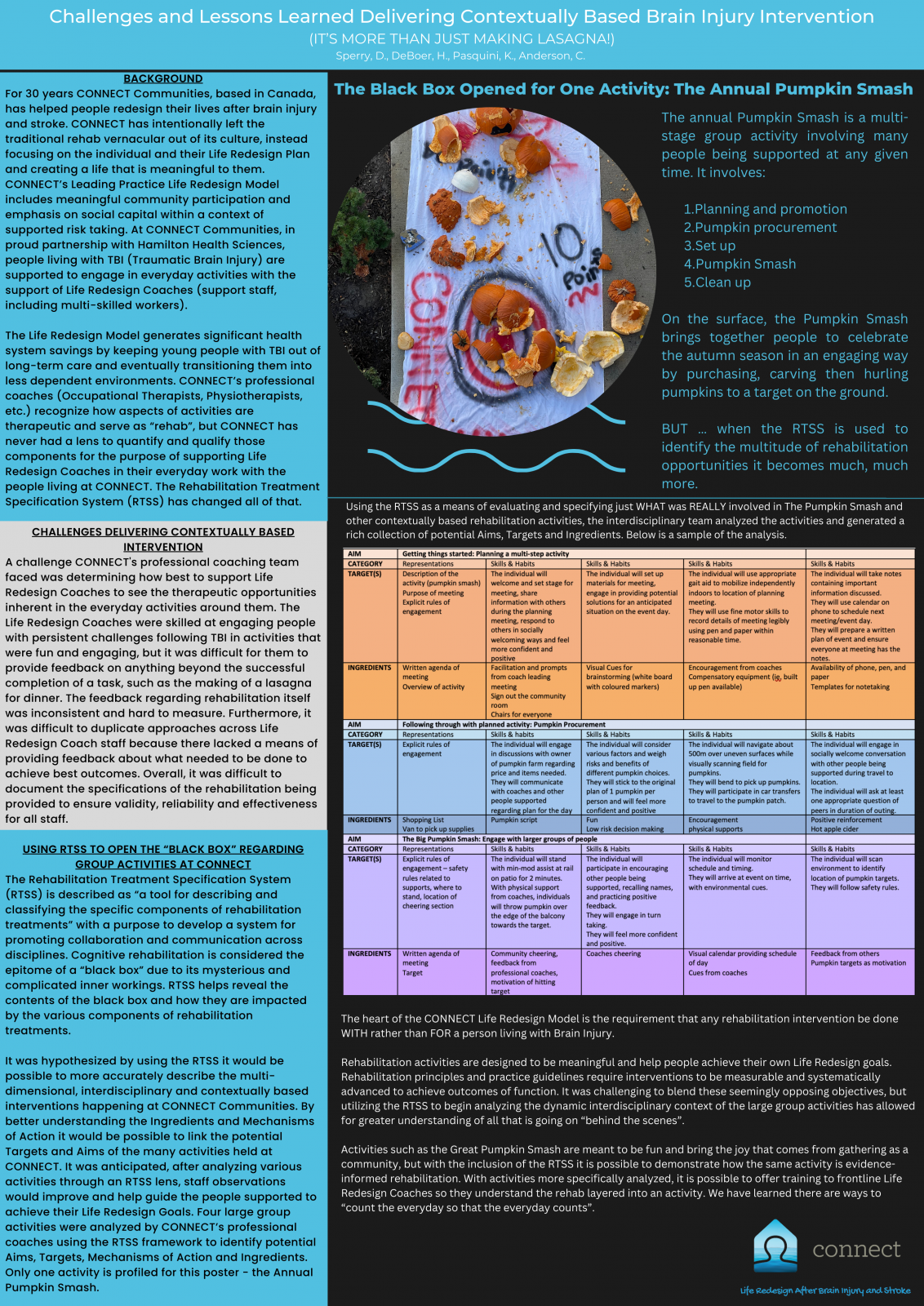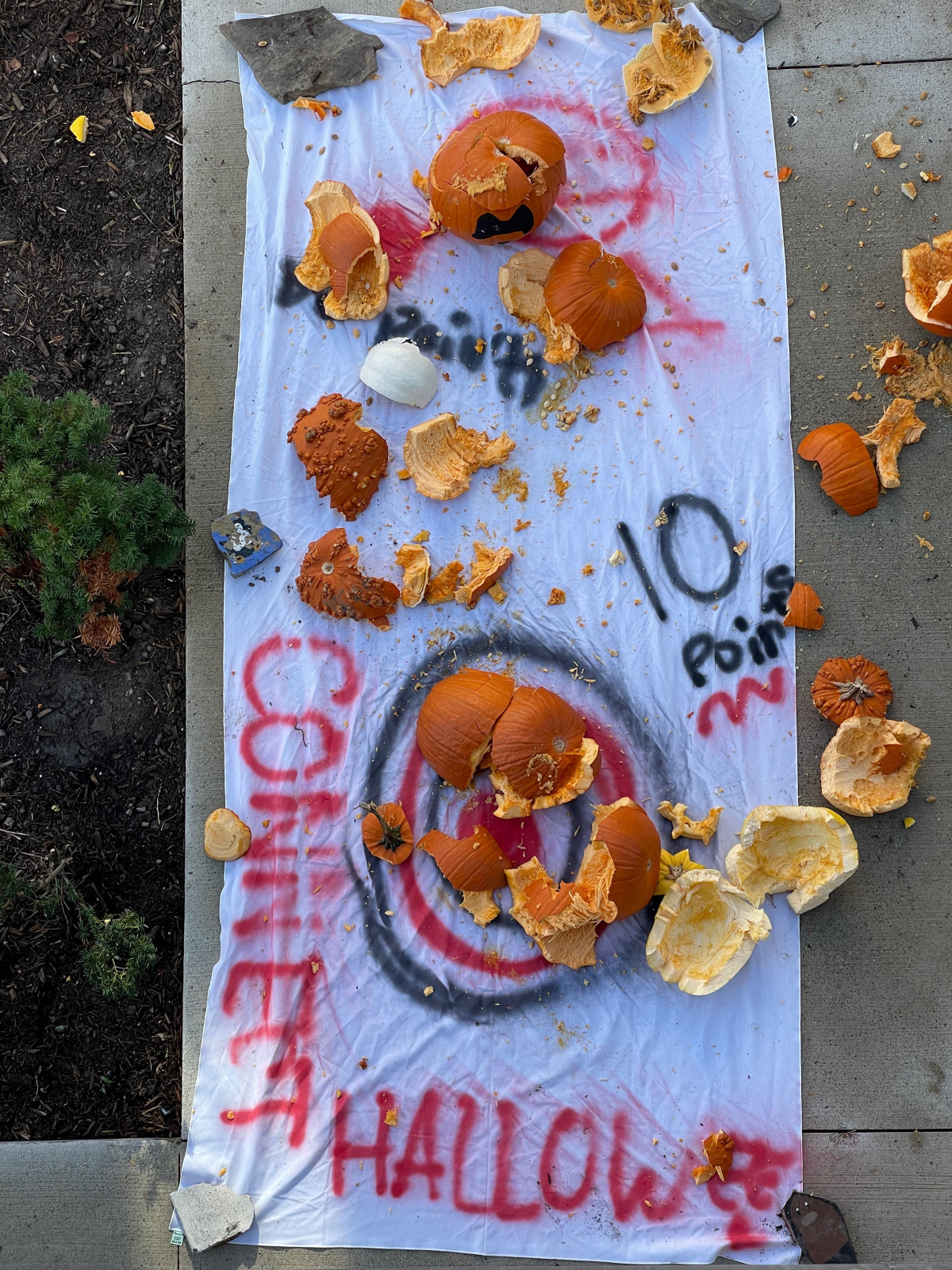
References:
Bayley, M., Swaine, B., Lamontagne, M. E., Marshall, S., Allaire, A. S., & Kua, A. (2022). INESSS-ONF clinical practice guideline for the rehabilitation of adults with moderate to severe traumatic brain injury. Ontario Neurotrauma Foundation. 2016.
Bayley, M., Ponsford, J., Bayley, M. T., Janzen, S., Harnett, A., Teasell, R., … & McIntyre, A. (2023). INCOG 2.0 Guidelines for Cognitive Rehabilitation Following Traumatic Brain Injury: Methods, Overview, and Principles. Journal of head trauma rehabilitation, 38(1), 7-23.
Hamilton, J., Sohlberg, M. M., & Turistar, L. (2022). Opening the black box of cognitive rehabilitation: Integrating the ICF, RTSS, and PIE. International Journal of Language & Communication Disorders.
Howell, S., Beeke, S., Pring, T., & Varley, R. (2021). Measuring outcomes of a peer-led social communication skills intervention for adults with acquired brain injury: A pilot investigation. Neuropsychological rehabilitation, 31(7), 1069-1090.
Turkstra, L. S., Norman, R., Whyte, J., Dijkers, M. P., & Hart, T. (2016). Knowing what we’re doing: Why specification of treatment methods is critical for evidence-based practice in speech-language pathology. American Journal of Speech-Language Pathology, 25(2), 164-171.
Ylvisaker, M., Feeney, T., & Capo, M. (2007). Long-term community supports for individuals with co-occurring disabilities after traumatic brain injury: Cost effectiveness and project-based intervention. Brain Impairment, 8(3), 276-292.

